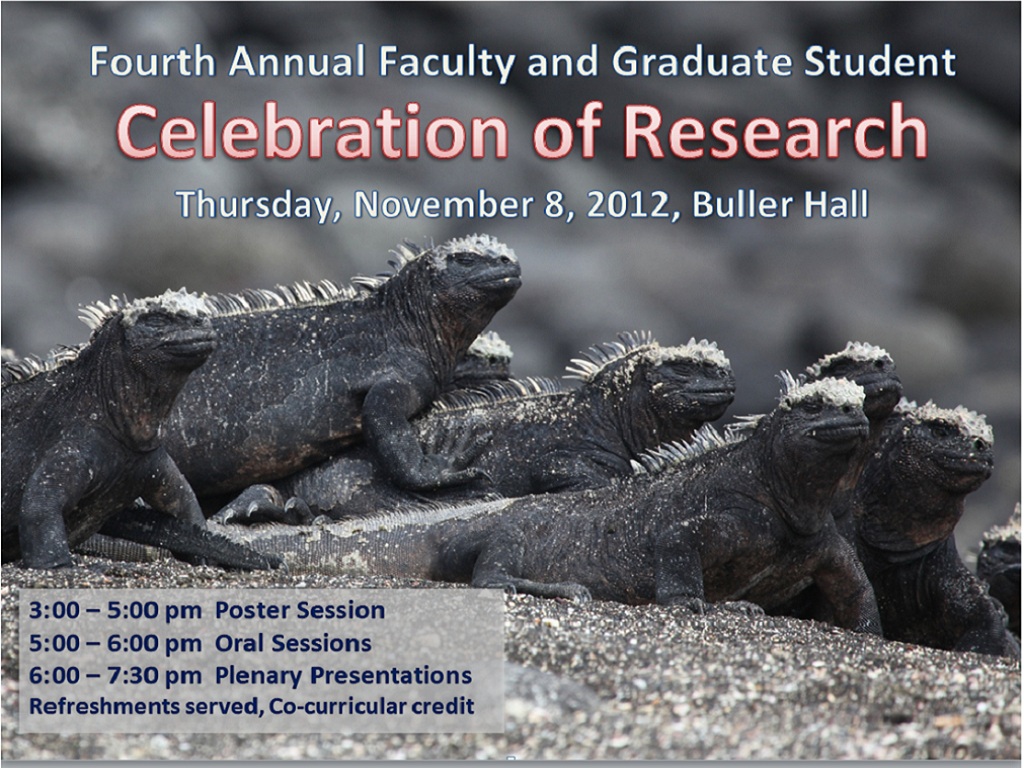P-03 Looking at Sabbath through a lens of holism
Presenter Status
PhD Student, Department of Theology and Christian Philosophy
Location
Buller Hallway
Start Date
8-11-2012 3:00 PM
End Date
8-11-2012 5:00 PM
Presentation Abstract
The basic content of this paper is looking at Sabbath through a lens of holism. The lens of holism is the middle ground in between the modernist atomism and the deconstructionalist nihilism. It allows the whole as well as the parts to be important in constructing a system of theology. Recognizing that God’s presence is the whole of the Sabbath. God resting in the Sabbath is what caused the Sabbath to be holy. Therefore all of the different aspects of the Sabbath (the seventh day, rest, grace, social justice, ecology, covenant, and worship) are affected by God’s presence. Just The whole of God’s presence affects each part each part also if needed to show the whole of the presence of God. For example: without social justice God’s presence is not fully represented. Jesus showed social justice clearly in his actions on the Sabbath. Following this holistic view of Sabbath further I also suggest that Sabbath is the culmination or the whole of the week. Therefore all the different aspects of Sabbath are to be integrated into the rest of the week. For example: we worship every day of the week, pursue social justice every day of the week, rest in God’s provision every day of the week, etc. Sabbath stands out from the other days of the week because it is the culmination of the other days of creation and it is the sign of the covenant. The “whole” of the presence of God is also reflected in the covenant aspect of the Sabbath because the sign of seal of God is the Holy Spirit.
P-03 Looking at Sabbath through a lens of holism
Buller Hallway
The basic content of this paper is looking at Sabbath through a lens of holism. The lens of holism is the middle ground in between the modernist atomism and the deconstructionalist nihilism. It allows the whole as well as the parts to be important in constructing a system of theology. Recognizing that God’s presence is the whole of the Sabbath. God resting in the Sabbath is what caused the Sabbath to be holy. Therefore all of the different aspects of the Sabbath (the seventh day, rest, grace, social justice, ecology, covenant, and worship) are affected by God’s presence. Just The whole of God’s presence affects each part each part also if needed to show the whole of the presence of God. For example: without social justice God’s presence is not fully represented. Jesus showed social justice clearly in his actions on the Sabbath. Following this holistic view of Sabbath further I also suggest that Sabbath is the culmination or the whole of the week. Therefore all the different aspects of Sabbath are to be integrated into the rest of the week. For example: we worship every day of the week, pursue social justice every day of the week, rest in God’s provision every day of the week, etc. Sabbath stands out from the other days of the week because it is the culmination of the other days of creation and it is the sign of the covenant. The “whole” of the presence of God is also reflected in the covenant aspect of the Sabbath because the sign of seal of God is the Holy Spirit.



